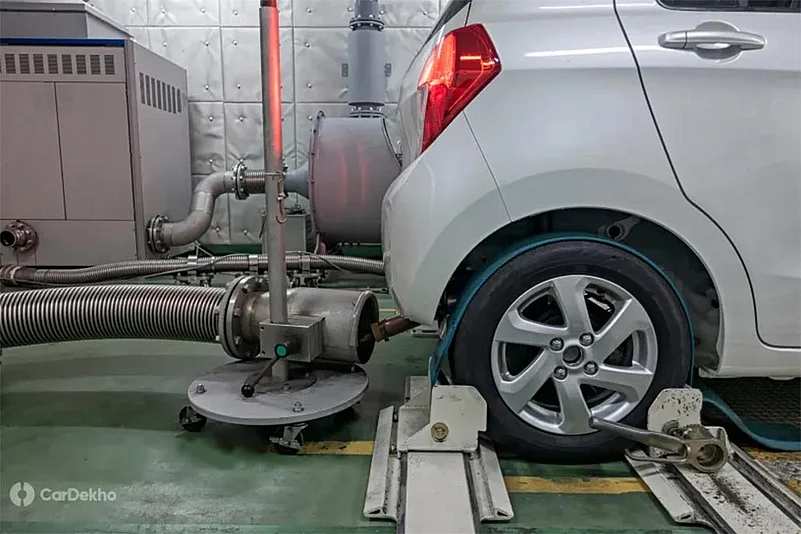Once the calendar flips over to 1 April, 2020, all new cars registered in India will have to be BS6-compliant. What does this mean for new car buyers and existing owners? Would it mean shelling out more for cars? Can you continue running your current non-BS6 car? Would the environment thank you for buying a BS6 car? We have the answers to these and a whole lot of other questions on BS6 that might be giving you sleepless nights.
Q.1 What is the difference between BS4 and BS6?
Both BS4 and BS6 (Bharat Stage 6) are emission norms that set the maximum permissible limit for pollutants coming out of a vehicle’s exhaust. As we move from BS4 to BS6, these emission norms are set to get stricter.
Advertisement
Petrol cars that comply with BS6 norms are required to emit no more than 60mg/km of NOx (Nitrogen Oxides) emissions. The cap was 80mg/km in the case of BS4. The particulate matter (PM) limit has also been capped at 4.5mg/km in case of petrol engines that use direct injection.
The emission norms for diesel cars are stricter. NOx emissions are required to go down from 250mg/km to 80mg/km, HC+NOx emissions must reduce from 300mg/km to 170mg/km, and PM emissions from 25mg/km to 4.5mg/km.
Q.2 What happens if you put BS6 fuel in a BS4 car?
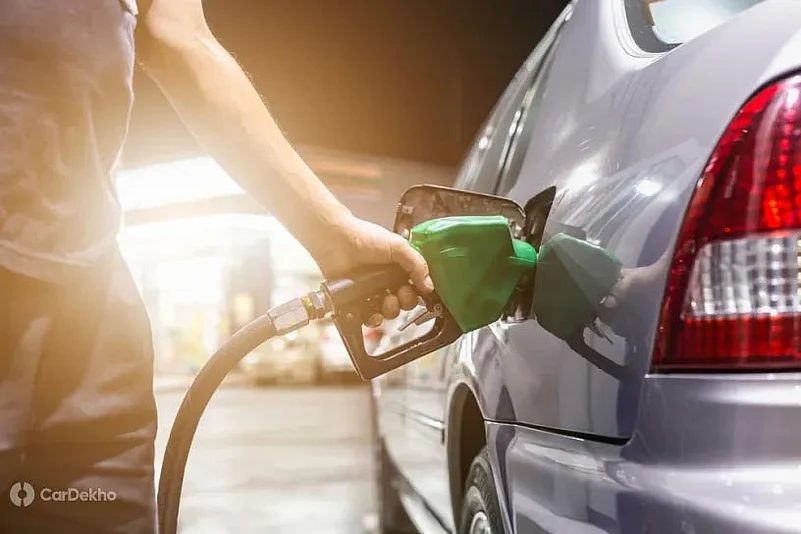
Once the BS6 deadline comes into place, petrol pumps all across India will dispense only BS6 fuel. You can use this fuel in BS4 or older cars without any problems. Fuel contains sulphur, which helps with lubrication inside the engine and a more efficient burn inside the cylinder. Since BS6 fuel has lower sulphur content than BS4 fuel, it contains additives that replicate the lubricating properties of sulphur. However, BS4 cars using BS6 fuel may see a negligible drop in power output and fuel efficiency.
Advertisement
Q.3 Will a BS6 engine continue to meet BS6 emission norms if it is run on BS4 fuel? Could it harm the engine?
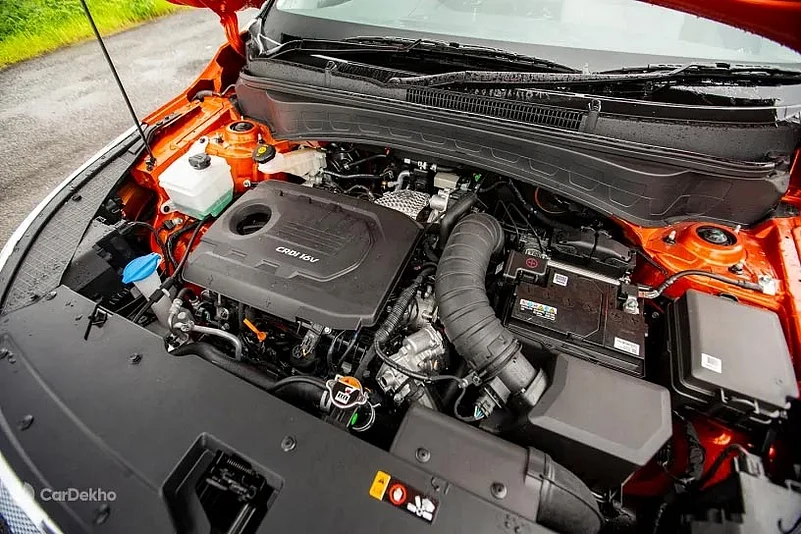
Your car’s tailpipe emissions will match BS6 standards only if both the engine and fuel meet BS6 standards. A BS6 car can run on BS4 fuel, but it will not comply with BS6 emission norms.
There are concerns among new car buyers that a BS6 car using BS4 fuel could spell trouble for the engine. According to Maruti, Hyundai and Kia, BS6-compliant petrol vehicles can run on BS4 fuel without any problems to the engine.
In case of diesel cars, carmakers have conflicting opinions. For instance, Kia says the BS6-compliant diesel Seltos has been tested with BS4 fuel for 1 lakh kilometres without any problems. Their sister company Hyundai, on the other hand, has raised concerns about using BS4 fuel in a BS6 engine, saying it will eventually lead to problems.
We recommend waiting till BS6 fuel is available throughout India before buying a BS6 diesel car. If you are in urgent need of a new diesel car and your average daily running is not high (say, less than 15km), you could still go ahead and buy one without worry.
Q.4 Does going from BS4 to BS6 affect performance and fuel efficiency?
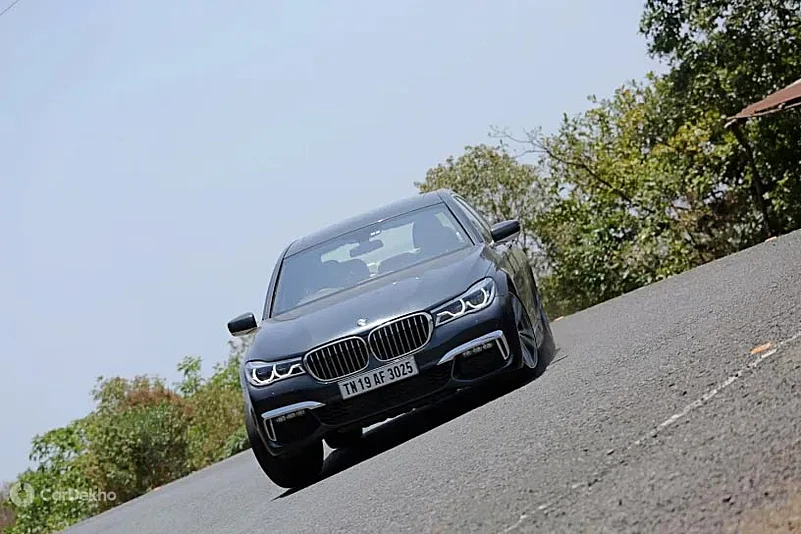
There are various factors that affect an engine’s performance and fuel efficiency. One of them is the ease with which the engine can breathe in air and expel exhaust gases. To go from BS4 to BS6, carmakers will have to restrict its breathing, which will lead to a minor reduction in performance and fuel efficiency.
Advertisement
The recently launched BS6 petrol Maruti Dzire is a perfect example of this. Its BS4 version used to return an ARAI-certified fuel efficiency of 22kmpl. However, the BS6-compliant one’s fuel efficiency has dropped to 21.21kmpl. That difference of 0.79 kmpl between the two is negligible but it is a result of the switch to BS6.
Q.5 Will BS6 fuel be more expensive?
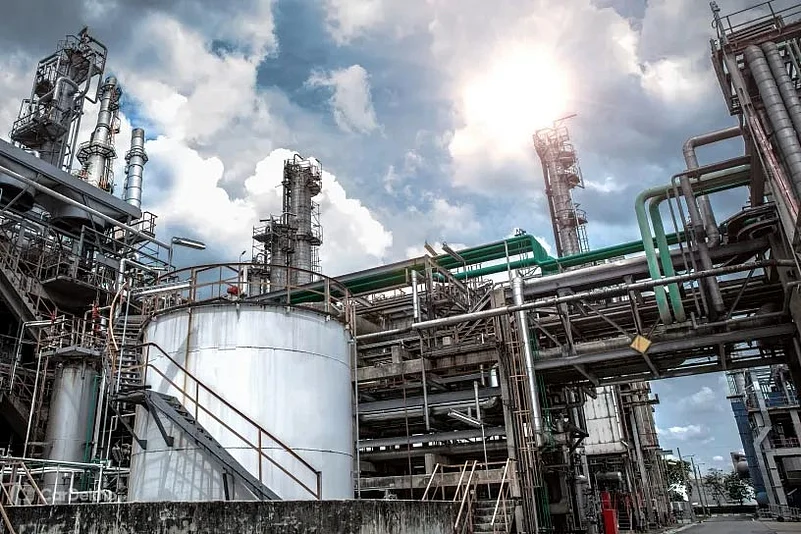
Delhi/NCR is the only region where petrol pumps currently dispense BS6 fuel. There has been no spike in fuel prices in the capital to suggest that BS6 fuel is costlier. According to our sources, the prices have been kept in check by the government and may increase once we are past the April 1, 2020, deadline and BS6 fuel becomes readily available across the country.
Advertisement
The price increase may become necessary because of the huge investments that petrochemical companies have had to make to upgrade their refineries for producing cleaner BS6 fuel.
Q.6 What will be the average price hike on vehicles converted from BS4 to BS6?
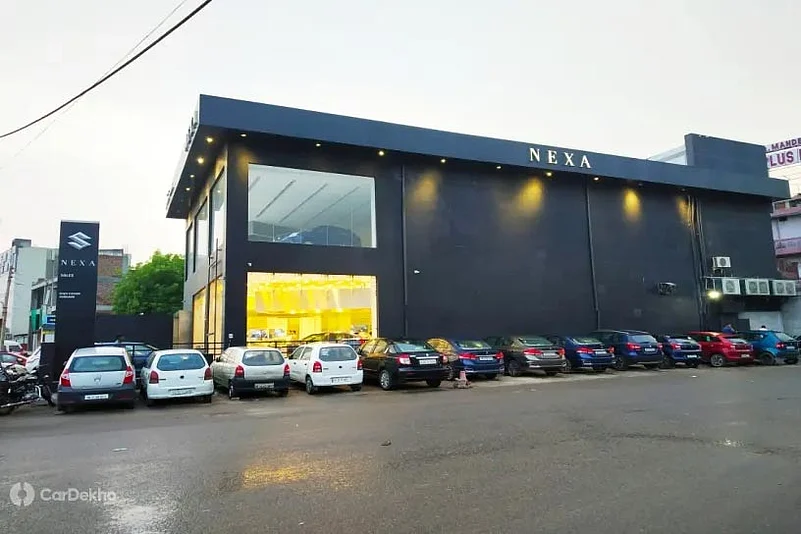
Going from BS4 to BS6, the prices of petrol vehicles will be hiked by Rs 10,000 to Rs 20,000. The price increase in case of diesel cars will be higher, ranging from Rs 80,000 to Rs 1 lakh! Maruti recently launched the BS6 versions of the petrol Swift and Ertiga and their prices were hiked by Rs 15,000 and Rs 10,000 respectively.
Advertisement
Q.7 Should you buy a BS4 car now or wait till February or March 2020 for discounts from manufacturers looking to clear stocks?

Buying a BS4 car makes a lot of sense if you don’t want to pay extra for the same car with a BS6 engine later. Carmakers have already begun offering attractive festive season offers and year-end deals will also come into play soon. By January 2020, carmakers would look to clear most of their BS4 inventory leaving little scope for discounts on them.
However, if the environment holds a bigger priority in life (just as it should) and you can afford to pay extra for a BS6 car, we suggest waiting for the BS6 model of your favourite car.
Advertisement
Q.8 Can you convert an old car to meet BS6 emissions on your own?

You technically can, given enough time, money and expertise but we absolutely would advise against even attempting it. Also, it’s illegal.
Q.9 What’s AdBlue?How does it help with emission norms?
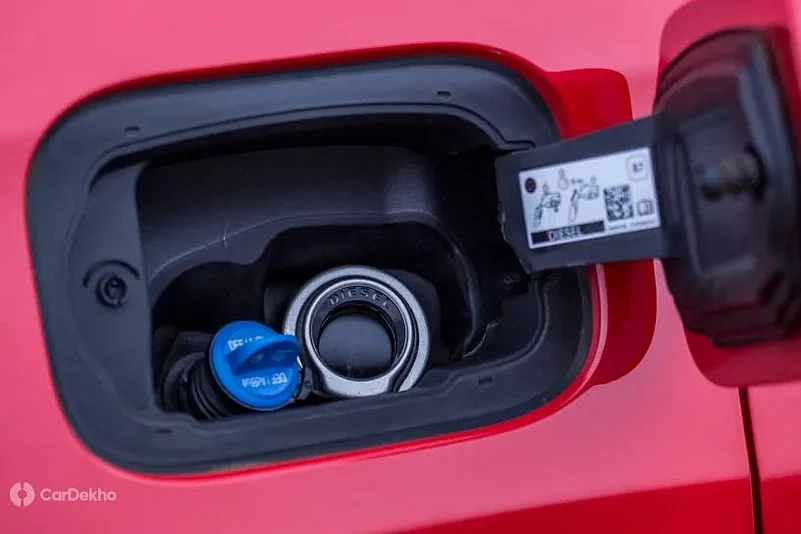
AdBlue is a chemical solution made of urea and deionized water. It’s used by some carmakers in their BS6 engines to treat exhaust gases and reduce the NOx particles in them. It is predominantly found in diesel vehicles as they emit more NOx than petrol engines. In India, cars such as the Jeep Compass Trailhawk, Mercedes-Benz V-Class and Mercedes-Benz S-Class use AdBlue to meet emission norms.
Advertisement
Q.10 Where does CNG stand in the BS6 scheme of things?

CNG engines will also undergo changes, but not to the extent of petrol and diesel engines. As CNG is a cleaner fuel than petrol or diesel, manufacturers will not be required to tweak their engines much to accomodate for the step-up to BS6 norms. Once BS6 does come into play, it could become a stop-gap measure for carmakers before the era of hybrid and electric vehicles begins.
Q.11 What’s next after BS6?
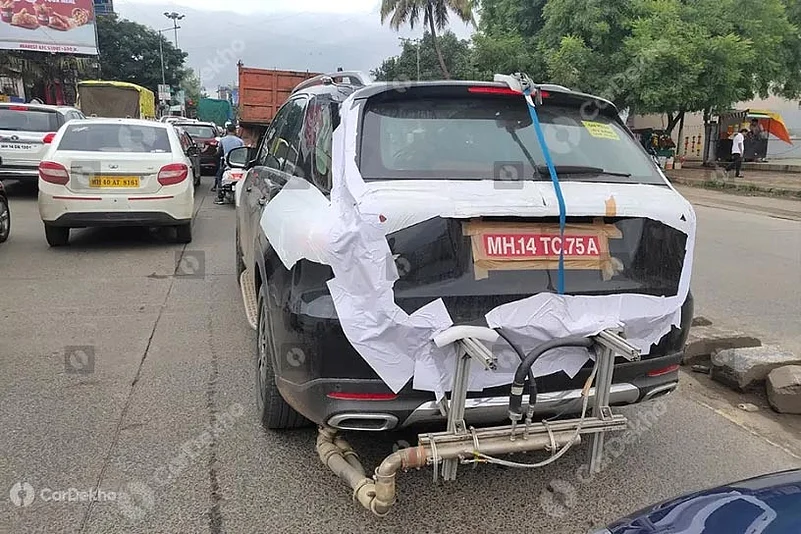
As of now, no new emission standards has been set for the post-BS6 era. However, the next change to our emission laws will come in the form of the Real Driving Emissions (RDE) cycle. This will require ARAI to test new cars in real-world conditions, instead of in a controlled environment.
Advertisement
This will require carmakers to be even more stringent with their emissions as the quantity of pollutants in exhaust gases is obviously more in the real world than in a scientifically monitored lab.
RDE could actually be the push that carmakers need to bring hybrid and pure-electric vehicles into the Indian market. This is because the new testing cycle, which is set to come into effect in 2023, will make it extremely difficult for carmakers to make their internal combustion engines comply with emission norms.
Source: cardekho.com






